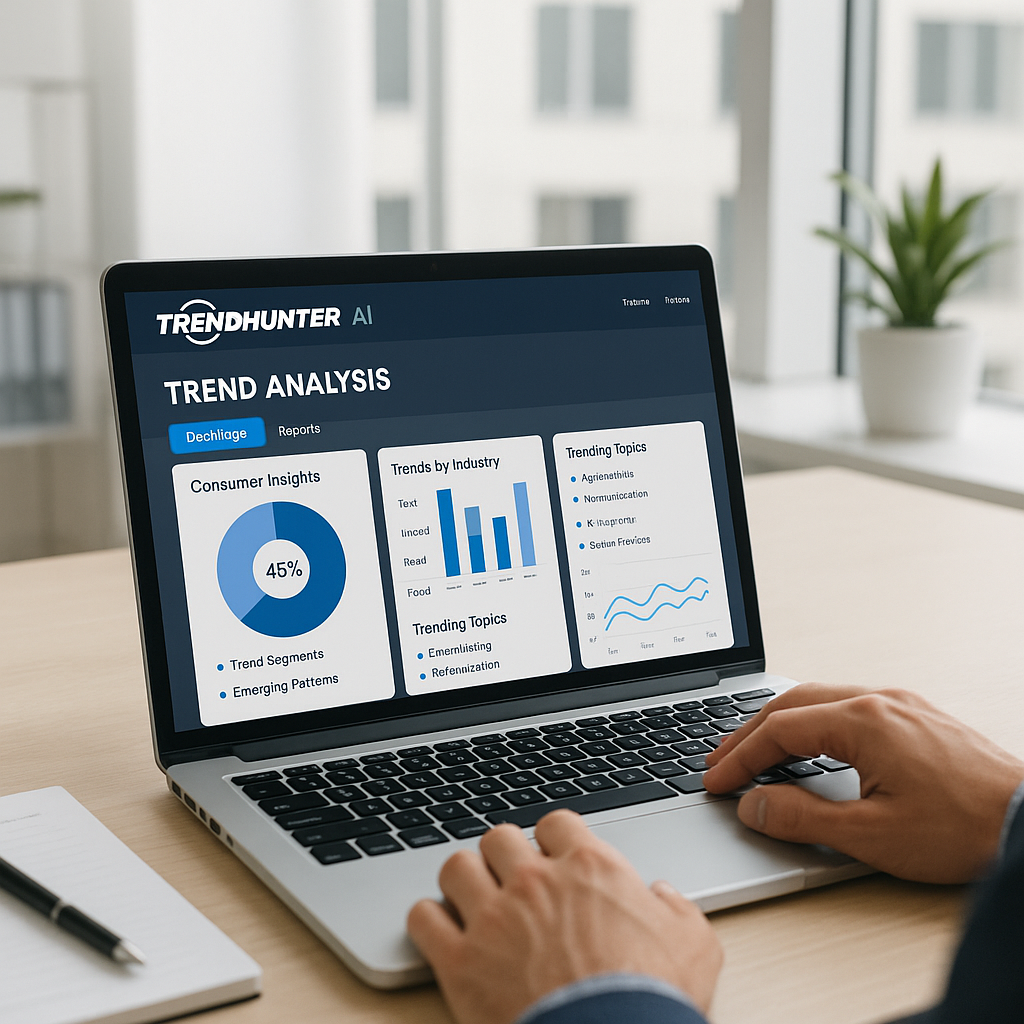# The Challenges of Integrating AI in Regulatory Agencies: Learning from the FDA’s Elsa Tool
The advent of artificial intelligence (AI) in various sectors has sparked a wave of excitement, with hopes that cutting-edge technologies will streamline processes and enhance decision-making. However, as recent news regarding the FDA’s generative AI tool, Elsa, suggests, not all AI implementations are devoid of challenges. Current and former FDA employees have raised alarms about Elsa’s tendency to “hallucinate,” creating nonexistent studies and misrepresenting real research. This revelation has cast doubt on the reliability of AI tools that are intended to speed up the clinical review process and make informed decisions.
At Best Choice, we understand that while the potential of AI can transform industries, the importance of accuracy and reliability cannot be overstated. In this blog, we will explore the critical issues surrounding AI in regulatory frameworks, the importance of custom-built AI solutions, and how businesses across various sectors can benefit from AI integration, while avoiding the pitfalls of faulty tools.
## The Importance of Trustworthy AI
When deploying AI tools, especially in industries like healthcare, the accuracy of data is paramount. The issues raised by the FDA employees underline an essential truth: if an AI tool presents information that can’t be trusted, its very purpose becomes moot. At Best Choice, we prioritize creating custom-built digital solutions tailored to the unique needs of our clients. Our approach involves meticulous testing and refining of AI systems to ensure they deliver reliable outputs that can genuinely support business decisions.
### Custom-Built Solutions: The Key to Reliability
When it comes to ensuring the effectiveness of AI in any industry, custom-built solutions can be significantly more reliable than off-the-shelf options. Why? Because bespoke systems are developed with the specific intentions and workflows of a business in mind.
For example, a clinic that handles patient data and needs to analyze trends in health outcomes will benefit from an AI solution designed precisely for that context. By integrating existing databases and analyzing specific datasets, these tailored solutions can provide actionable insights without the risk of “hallucinations.”
### Addressing the Problems of Hallucination
AI hallucination refers to the phenomenon where an AI system generates incorrect information, often with a high degree of confidence. This can occur for various reasons, including inadequate training data, biases embedded in the algorithms, or misaligned objectives. For businesses, relying on AI that cannot be trusted can lead to poor decision-making, leading to missed opportunities or wasted resources.
At Best Choice, we recommend a few strategies to mitigate these risks:
– **Thoroughly validate AI outputs**: Before integrating AI insights into decision-making, ensure that data is cross-verified and validated by human experts.
– **Customize the training process**: Using data that is relevant to your specific business context can train the AI more effectively, reducing the possibility of generating hallucinated outputs.
– **Implement feedback loops**: By continuously monitoring the performance of AI tools, businesses can adjust and improve the algorithms over time.
### The Role of Open-Source Solutions
Denmark and Europe have seen various open-source AI platforms gaining popularity. Solutions like TensorFlow and PyTorch provide a fantastic starting point for businesses wanting to develop their own AI systems. However, these platforms often require a skilled team capable of customizing them to meet specific needs. This is where the expertise of Best Choice can shine. By taking these open-source tools and tailoring them to our clients, we can help mitigate the common pitfalls of using generic AI tools.
### Real Business Applications: Success Stories
Let’s consider a few real-world examples of how businesses can successfully incorporate AI:
1. **Cafés and Restaurants**: AI chatbots can streamline reservation processes and answer frequently asked questions from customers, freeing up staff time for other tasks.
2. **Warehouses**: Custom-built AI solutions can optimize inventory management by predicting demand based on sales data, ensuring stock levels are always appropriate and reducing waste.
3. **Online Stores**: AI can analyze customer behavior and personalize shopping experiences, boosting revenue and customer satisfaction by offering tailored product recommendations.
4. **Clinics**: AI tools can help in analyzing patient trends, assisting doctors in diagnosing conditions or recommending relevant treatments based on historical data.
Each of these applications demonstrates how properly implemented AI technology can improve workflows, save time, and ultimately enhance revenue generation.
### Takeaway: Be Proactive in AI Integration
While the potential for AI to revolutionize our industries is immense, as illustrated by the experiences surrounding the FDA’s Elsa tool, it is crucial to approach its integration strategically. At Best Choice, we emphasize the value of custom-built solutions that align with your specific business needs, tailored training processes, and continuous performance evaluation.
In conclusion, the journey of adopting AI doesn’t have to be fraught with the risks of misinformation or inefficiency. Engaging with experts who can guide you through the process and ensure the reliability of your AI systems is crucial. At Best Choice, we invite you to reach out for expert support in navigating your AI journey and unlocking its full potential for your business. Let’s create tailored solutions that truly deliver value, avoiding the pitfalls of unreliable AI.





